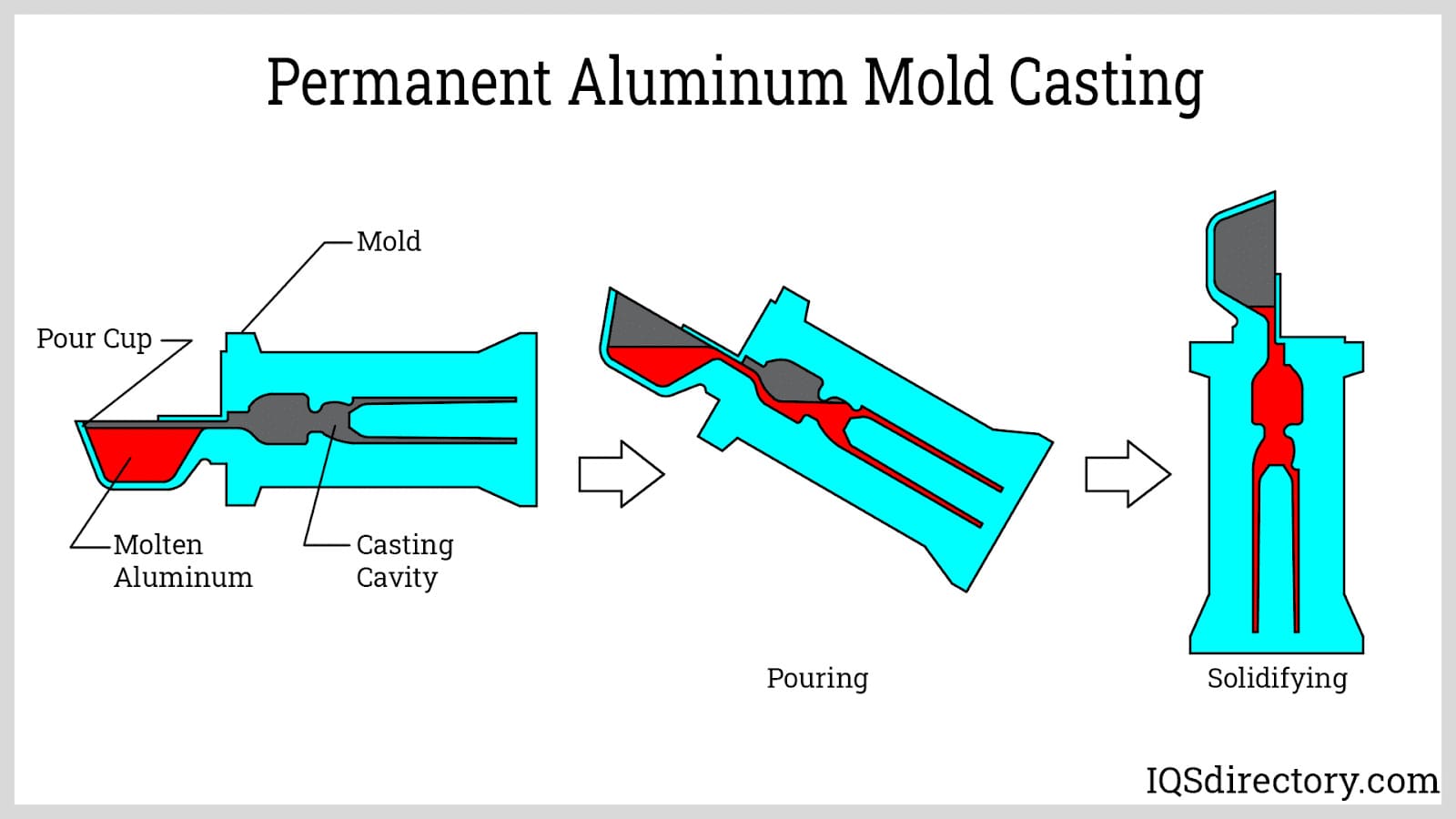The Ultimate Guide To Stahl Specialty Company
The Ultimate Guide To Stahl Specialty Company
Blog Article
Things about Stahl Specialty Company
Table of ContentsStahl Specialty Company Can Be Fun For EveryoneStahl Specialty Company for BeginnersFacts About Stahl Specialty Company RevealedThe Ultimate Guide To Stahl Specialty CompanyExcitement About Stahl Specialty Company
The refined distinction depends on the chemical web content. Chemical Comparison of Cast Light weight aluminum Alloys Silicon advertises castability by reducing the alloy's melting temperature level and enhancing fluidness throughout casting. It plays a critical role in allowing elaborate molds to be filled up precisely. Furthermore, silicon adds to the alloy's stamina and put on resistance, making it beneficial in applications where sturdiness is vital, such as automobile components and engine components.It also improves the machinability of the alloy, making it simpler to process right into completed items. In this way, iron adds to the general workability of light weight aluminum alloys. Copper boosts electric conductivity, making it useful in electrical applications. It also boosts corrosion resistance and contributes to the alloy's general toughness.
Manganese contributes to the toughness of aluminum alloys and boosts workability. Magnesium is a light-weight element that gives strength and impact resistance to aluminum alloys.
It permits the manufacturing of light-weight components with superb mechanical buildings. Zinc improves the castability of light weight aluminum alloys and aids manage the solidification process during spreading. It boosts the alloy's stamina and hardness. It is typically discovered in applications where intricate forms and fine information are needed, such as ornamental spreadings and specific automotive components.
3 Easy Facts About Stahl Specialty Company Explained
Due to the fact that aluminum-silicon alloys have great casting homes, high gas homes, simple processes, and outstanding deterioration resistance, aluminum-silicon alloys are most commonly made use of in the die-casting industry in the house and abroad. At the very same time, aluminum-silicon alloys are likewise relatively early and commonly identified alloys established and used in die-casting. After continuous research and renovation, a lot of the existing global mainstream aluminum-silicon alloys have been wrapped up and are absolutely nothing greater than A356, A360, A380, ADC12, B390, and A413.
The main thermal conductivity, tensile strength, return toughness, and prolongation differ. Select suitable basic materials according to the efficiency of the target item produced. Among the above alloys, A356 has the greatest thermal conductivity, and A380 and ADC12 have the most affordable. The tensile limitation is the opposite. A360 has the most effective yield strength and the highest possible prolongation rate.

A Biased View of Stahl Specialty Company
In accuracy casting, 6063 is well-suited for applications where elaborate geometries and top quality surface finishes are critical. Instances include telecommunication enclosures, where the alloy's premium formability enables streamlined and cosmetically pleasing styles while keeping architectural integrity. In the Lighting Solutions sector, precision-cast 6063 components create elegant and efficient illumination fixtures that need complex forms and great thermal performance.
(https://www.gaiaonline.com/profiles/stahlspecialc/46950123/)
The A360 shows premium elongation, making it excellent for complicated and thin-walled parts. In precision spreading applications, A360 is appropriate for industries such as Customer Electronics, Telecommunication, and Power Devices.

In accuracy casting, light weight aluminum 413 beams in the Customer Electronics and Power Equipment industries. It's typically utilized to craft detailed parts like smart device housings, electronic camera bodies, and power tool cases. Its accuracy is remarkable, with limited tolerances approximately 0.01 mm, making sure remarkable item setting up. This alloy's superior corrosion resistance makes it an exceptional selection for outside applications, guaranteeing lasting, sturdy products in the mentioned industries.
9 Simple Techniques For Stahl Specialty Company
The light weight aluminum alloy you pick will substantially impact both the spreading procedure and the properties this link of the last product. Due to the fact that of this, you have to make your decision carefully and take an educated technique.
Establishing the most suitable aluminum alloy for your application will certainly indicate considering a large array of features. The first classification addresses alloy characteristics that influence the manufacturing procedure.
The alloy you select for die casting directly influences numerous aspects of the spreading process, like how easy the alloy is to collaborate with and if it is prone to casting problems. Warm splitting, likewise referred to as solidification fracturing, is a typical die casting problem for aluminum alloys that can result in internal or surface-level rips or fractures.
The Ultimate Guide To Stahl Specialty Company
Specific light weight aluminum alloys are a lot more prone to hot breaking than others, and your option should consider this. aluminum foundry. It can damage both the actors and the die, so you should look for alloys with high anti-soldering properties.
Corrosion resistance, which is already a remarkable characteristic of light weight aluminum, can differ significantly from alloy to alloy and is a necessary particular to take into consideration depending upon the ecological problems your item will be subjected to. Put on resistance is another home generally sought in aluminum items and can set apart some alloys.
Report this page